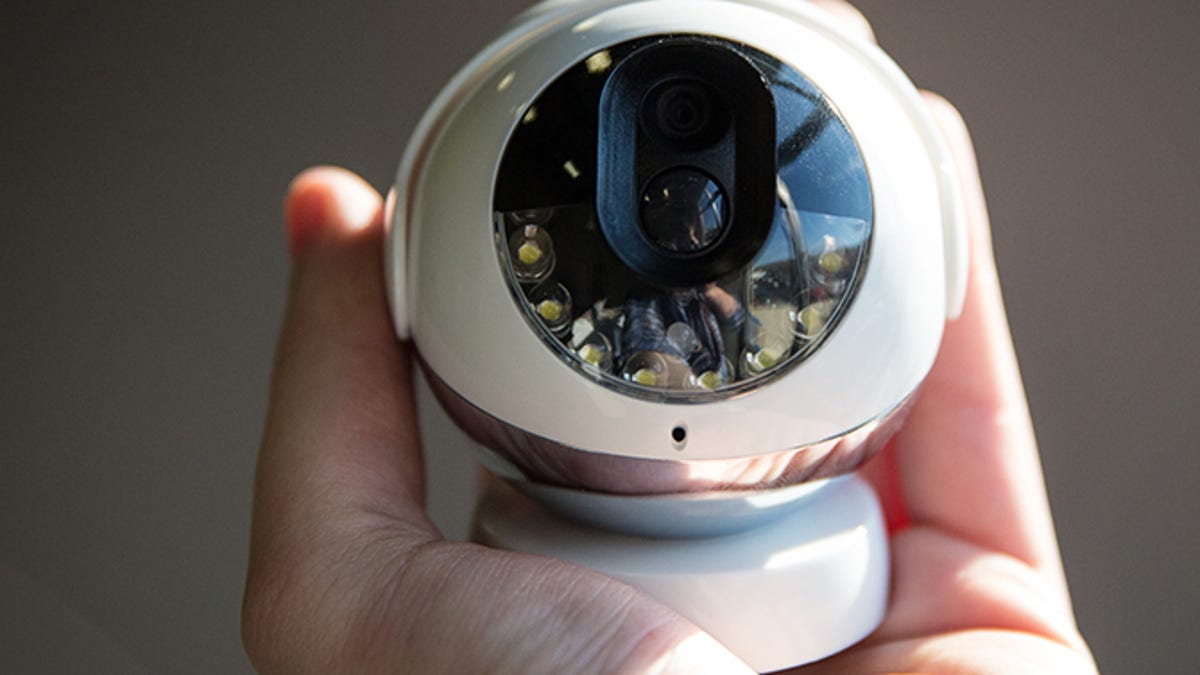After reviewing numerous top-notch indoor security cameras and feature-packed wireless cameras, equipped with motion detection and night vision capabilities, it’s clear that these devices are designed to capture and store video even when you’re not around. Many models also boast two-way audio features, allowing users to listen in or engage in conversations remotely. However, amidst all this technological innovation, it’s essential to address a crucial legal issue: what are the laws surrounding the recording of footage or audio inside your own home? Are you potentially infringing on someone’s privacy rights?
For those who have ever hesitated before installing a security camera in their homes due to legal concerns, it’s important to note that you likely have the right to do so within certain parameters. However, there are key rules to be aware of when it comes to privacy, particularly regarding video and audio recordings. Here’s a breakdown of the guidelines to follow in order to protect yourself from potential intruders and legal disputes.
It’s worth mentioning that the focus of this article is on federal laws in the United States. While many countries have similar regulations, it’s advisable to consult local legislation for specific details.
When it comes to video recording inside your home, it is generally permissible as long as privacy considerations are respected. Different states may have varying laws on surveillance, so it’s crucial to familiarize yourself with the regulations in your particular state. Understanding the concept of a reasonable expectation of privacy is paramount, as it determines where surveillance cameras can be placed within a home. For instance, while monitoring common areas like living rooms is typically acceptable, recording video in private spaces such as bedrooms or bathrooms may require explicit consent. Additionally, notifying property owners about the presence of cameras and informing guests about their existence are common-sense practices to avoid legal complications.
On the other hand, recording audio inside your home presents a separate set of legal challenges. State laws differ on whether one-party or two-party consent is required for audio recordings. It’s essential to exercise caution and obtain consent from all parties involved in a conversation before recording any audio. Failure to adhere to these laws could result in serious legal consequences.
In summary, whether you’re considering installing indoor or outdoor security cameras, it’s crucial to be aware of the laws governing surveillance in your area. By following these guidelines, you can ensure that your security measures remain within legal boundaries while safeguarding your privacy and that of others.

